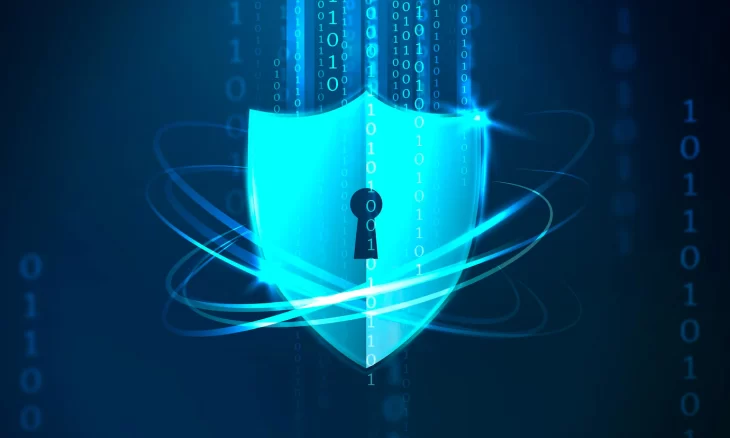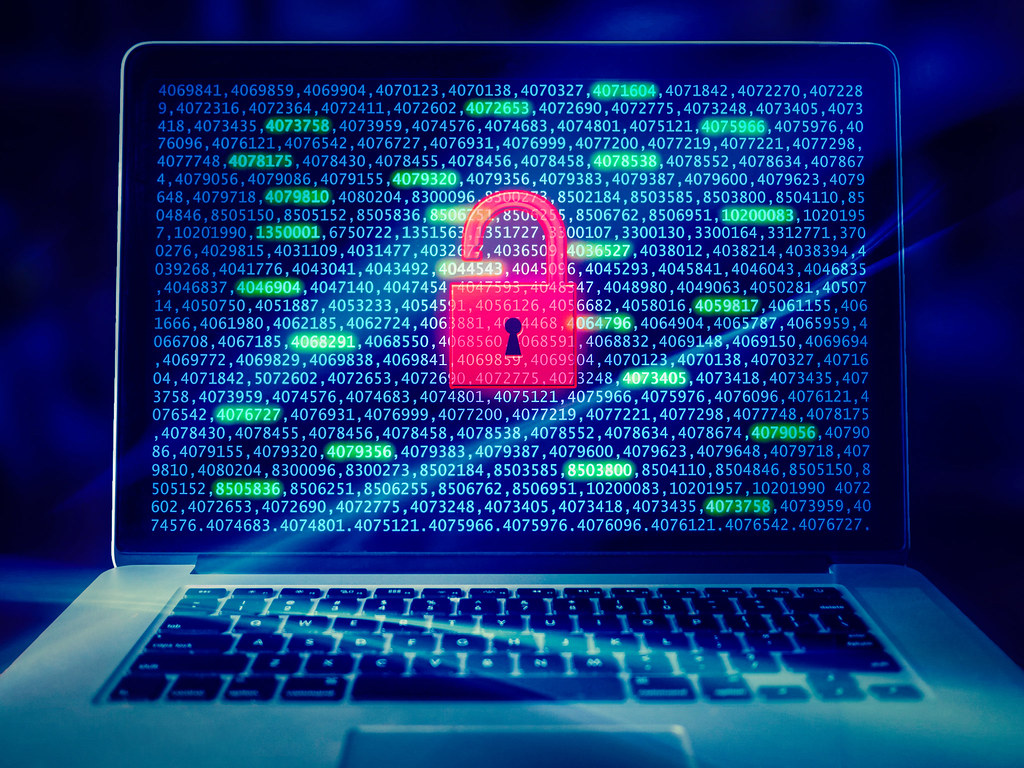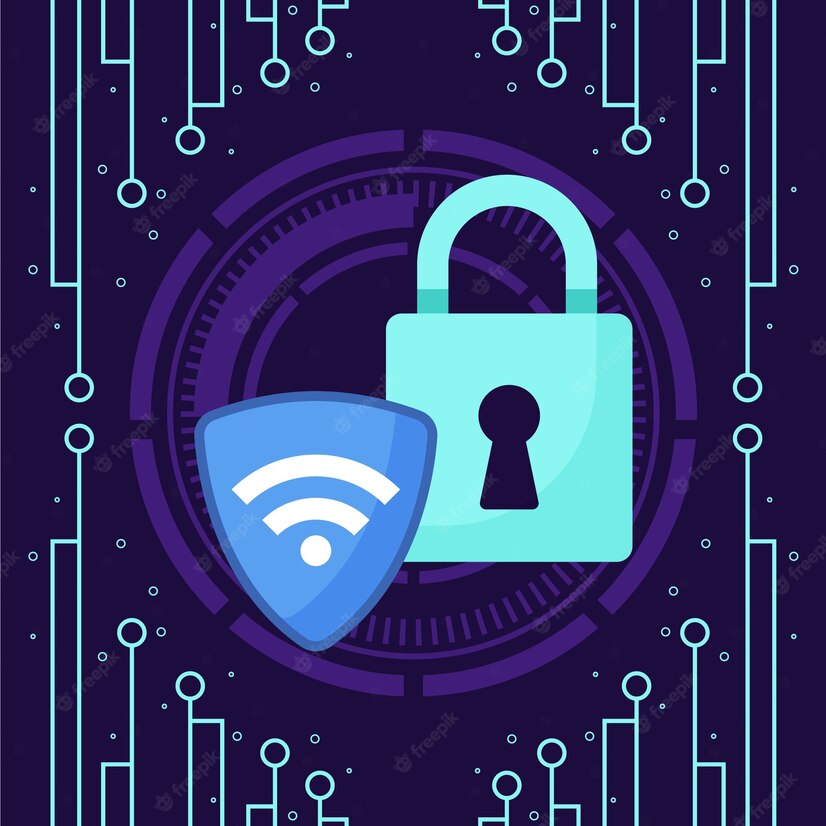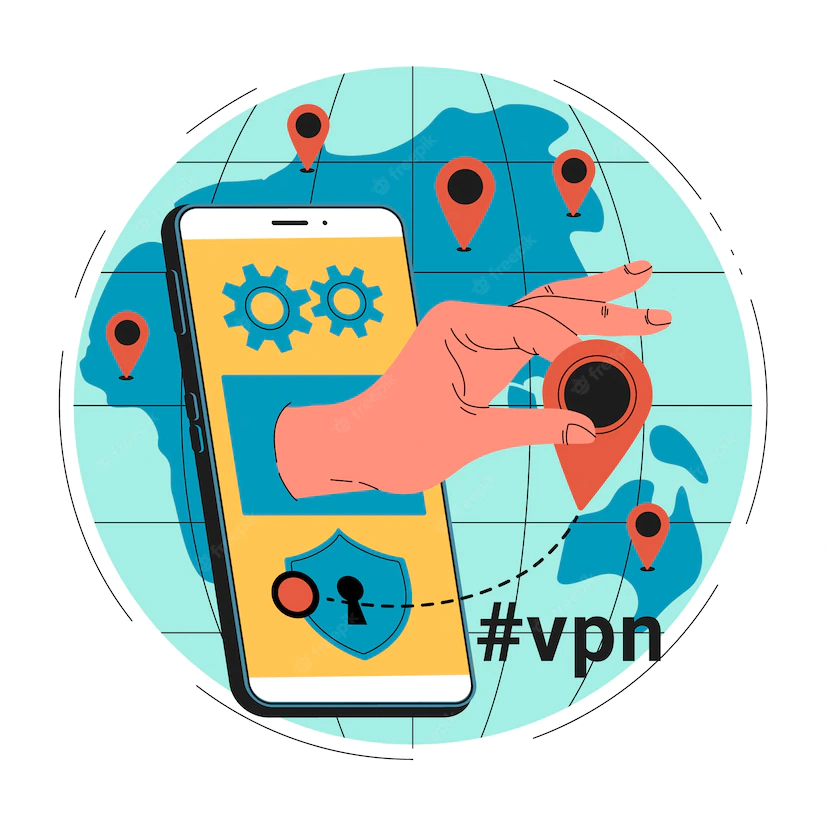
VPNs or Virtual Private Networks are looked upon as more of a typical high-tech thing. Quite probably, we all must have come across this term at least once in our lifetime. And, chances are, it was to protect our data. But the benefits of using VPN aren’t just limited to that. In fact, it proffers more than what most of us consider.
Whether VPNs should be used by everyone or not is a constantly arguable subject. VPNs secure a user’s identity over the internet so as to safeguard them against any kind of cyber attack. That’s why whether we talk of an individual or an organization, VPN must be utilized by everyone. Give this article a read to learn about the benefits of using VPN, but before that, let’s understand a little about VPN.
UNDERSTANDING THE VPN
VPN is a Virtual Private Network(as the name itself suggests). Its basic function is to allow users to browse the internet anonymously to protect their information from hackers. A VPN gets things done by masking the IP address, encrypting the data, and securing the connections through secured modems.
HOW VPN WORKS: DECODED

We utilize the internet for ‘n’ number of activities today, be it shopping, surfing, watching movies or series, and whatnot. And while there’s no way to completely get past it, using VPN makes the data saved over the internet files vulnerable to cyber threats.
Where the ‘data’ can be a collection of activities such as what you surf or watch the most or what you buy most often, it can also be the password or pin you save on a website or browser. Regardless of the extent of sensitivity of the information, it’s important to keep it safe. Having said that, it’s not just a thing that should be done but is also a right of every individual or organization.
No wonder that today every other website we visit collects our cookies and/or other information. Most of the time, online websites, platforms, or apps do such things to provide users with more personalized results or serve the particular interests of different users. This also leaves room open for hackers to dive in and steal the crucial information of the user. As mentioned above, a VPN changes the user’s IP address, thus picturing the user in a totally different zone and acting as a buffer against cyber threats or attacks as well.
Still, perplexed? Understand it this way. Suppose you’re in a game walking past the enemies, and while you gather some useful tools on your way to your destination, your enemies can see where you’re visiting, what you are picking up or choosing, and they can even track you. Now let’s say there is immunity in the game, which will empower you to glide through the game without getting in sight of your enemies. It’s a kind of protection cover that will put your enemies in a puzzling maze and won’t let them notice you.
BENEFITS OF USING VPN
With VPNs, you can bury the hatchets of cyber threats to a greater extent. That is one thing, and the below-stated benefits of using VPN will make it more clear why it is an ideal pick for individuals as well as organizations.
1. Ensures Security Of Data Over A Public WiFi

The first and foremost benefit of using VPN is data encryption. Public WiFi connections often lure people, and they often tend to overlook a crucial aspect- data security. Yes, that’s true. Your activity can get tracked anytime while scrolling over a post on Facebook while waiting for your meal in a dine-in or making a transaction while relaxing at your favourite resort. The data becomes more secure with VPNs as it keeps everything covered under a blanket.
2. Backs Up Against Bandwidth Throttling
Simply put, bandwidth throttling is an intentional act of an Internet Service Provider or ISP Company wherein they slow down the internet speed so as to save on their overhead expenses. While not every ISP company comes under the same umbrella, some of them might use such tactics either to mitigate their charges, cut down on heavy traffic loads, or even simply to encourage a customer to buy a more expensive plan in the future. In any case, the customer is at a loss. Thus, to overcome such a scenario, one can use a VPN and encrypt their data, so the next time your ISP company tries to sneak on your data, all they would get is an encryption code.
3. Easy To Operate
This is a key benefit of using VPN. While understanding security procedures is quite a biting a bullet kind of task, this is not the case with VPNs. Most of the VPN services are designed with a user-friendly interface so that users need not go the whole nine yards in order to understand its functioning.
4. Ensures Security Of Data While Working Remotely
If you’re worried about the loss of your organization’s data, it’s always better to reap the benefits of using VPN. With remote work being a consistent option for many workers, it is strongly recommended for organizations to invest in a VPN so as to keep the data away from the reach of hackers. A VPN will not let the data security with loose ends by keeping it encrypted.
5. Safeguards From Phishing Attackers
There is nothing new in receiving new offers from various platforms these days. But, at times, it becomes a little tricky to analyze whether an email or text message you received is fake or not. Hackers try to draw out information from people by pretending to be legit sources and what happens next is no rocket science, a person visits the links and fills out their sensitive information such as passwords and financial details.
No doubt you can, and you must try to examine the source. Nevertheless, you can also make use of a VPN like NordVPN, which provides the users with advanced features which not only stand in the way of such phishing attacks but also ensure that your connection remains encrypted throughout so as to maintain anonymity.
6. Easily Access The Geographically-Restricted Content

One of the most popular and most sought benefits of using VPN is that it lets one alter their IP address. A number of people nowadays utilize the VPN to switch IP addresses to that of a foreign one and watch a series or a sports program that isn’t otherwise available in their country. Since websites identify a person from the IP address, it is totally possible to label your IP address as that of a local of a foreign country and get past the geo-blocks. Note that you have to check the terms and conditions of the platform you are using to check if it restricts the use of a VPN.
7. Upscale Your Savings
Since VPN can spoof location by altering IP address, it can help you save money. You’ll find a number of businesses offering their products and/or services at different prices. With a VPN, you can modify your location to a different place where you can grab the deal at a relatively lower price, saving your hard-earned cash.
8. Get All Devices Protected In One Go
There are VPN service providers who liberate the user to protect multiple devices at the cost of just a single subscription. This will let you encrypt your connection across multiple devices like laptops, desktops, cell phones, and/or tablets all at once. Such an economical deal will also boost your savings.
NOTE
One noteworthy thing here is that while there isn’t any doubt that a VPN encrypts the data and lets the user swap location, it doesn’t mean that the app or website or platform you’re using won’t know what activity you are performing over it by way of tracking your cookies and digital fingerprints. Also, many free VPN services might put their user’s data on sale, which means they have actually ditched the very foremost thing they promised- data privacy.
It is a fact that VPN is a modern-age requirement, but it must be kept in mind that it’s a helping hand and doesn’t guarantee total protection from the ill intentions of hackers.
Also, VPN companies have to keep up with the laws of the respective countries. That means if the government demands VPN companies to store and share their user’s data, they have to adhere to that.
• Content Writer at Mind Mingles
• Has presented her work in International Conference On Guru Nanak Dev Ji: Life, Philosophy and Legacy held at Mata Sundri College For Women and was awarded the title of “Best Paper Presenter” under College Student Category for the same (Dated: 27th and 28th September, 2019)
• Has a strong grip over creating interesting, unique and informative content pieces for a wide range of niches.
• A firm believer that words have an impact.

